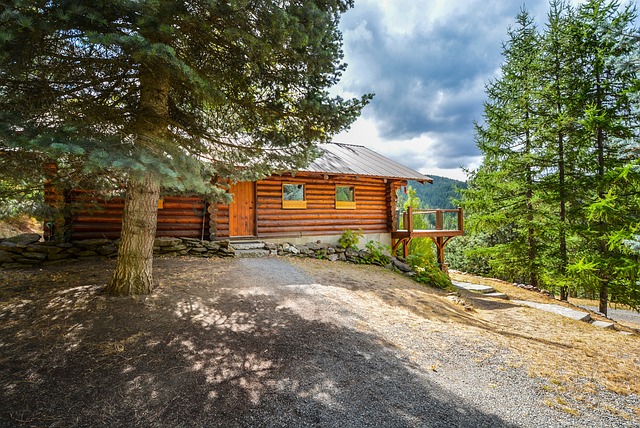
Opening your home to short-term vacation rentals can seem like a practical way to generate income, especially when the property might otherwise sit empty. However, there is an often-overlooked reality: frequent guest turnover changes the way a home functions, and that means higher demands on maintenance and the need for more frequent inspections.
Wear and Tear Accelerates with Guest Turnover
Unlike a long-term tenant who gradually settles into a space, short-term guests use the home differently. Each new arrival brings luggage through the doorways, drags chairs across the floor, and adjusts heating and cooling systems to personal comfort levels. Kitchen appliances, plumbing fixtures, and door hardware are used more intensively in shorter bursts, leading to faster deterioration. What might have lasted years under regular use can show premature signs of wear after only a season of guest bookings.
Mechanical Systems Work Harder
Heating, ventilation, and air conditioning equipment often feel the greatest strain. Guests may raise or lower the thermostat several times a day, creating temperature swings that put stress on the system. In a region with fluctuating weather, these changes can add up to increased energy costs and reduce the life expectancy of the equipment. Regular inspections help ensure filters are replaced, ductwork remains clean, and the system continues to run efficiently.
Plumbing and Water Concerns
High guest turnover often translates to heavier water usage. Showers, laundry, and dishwashing cycles add up quickly, and drains may become clogged more often than in a household with predictable habits. Over time, this can contribute to leaks, water stains, or moisture buildup that may go unnoticed until it becomes a costly repair. Periodic walkthroughs and inspections help catch these issues before they escalate.
Safety and Liability Considerations
A home offered to vacationers carries an unspoken responsibility: the property must remain safe. Guests expect functional smoke alarms, carbon monoxide detectors, secure locks, and sound railings. Unlike a long-term tenant who may report concerns, short-term visitors are unlikely to notify you about small defects. A missing stair tread or faulty outlet may simply be ignored, which leaves the next guest at risk. Routine inspections not only protect the property but also reduce liability concerns for the homeowner.
The Value of Proactive Oversight
For homeowners, the financial benefits of vacation rentals are undeniable, but so are the hidden costs. Scheduling seasonal inspections and prioritizing preventative maintenance helps safeguard the investment. By staying ahead of potential issues, homeowners preserve property value, avoid major repairs, and ensure guests enjoy a safe, comfortable stay.
Short-term rentals can certainly work in your favour—but only if the home is treated like the high-demand environment it truly is. Viewing the property through this lens allows owners to balance income with long-term preservation.

Recent Comments